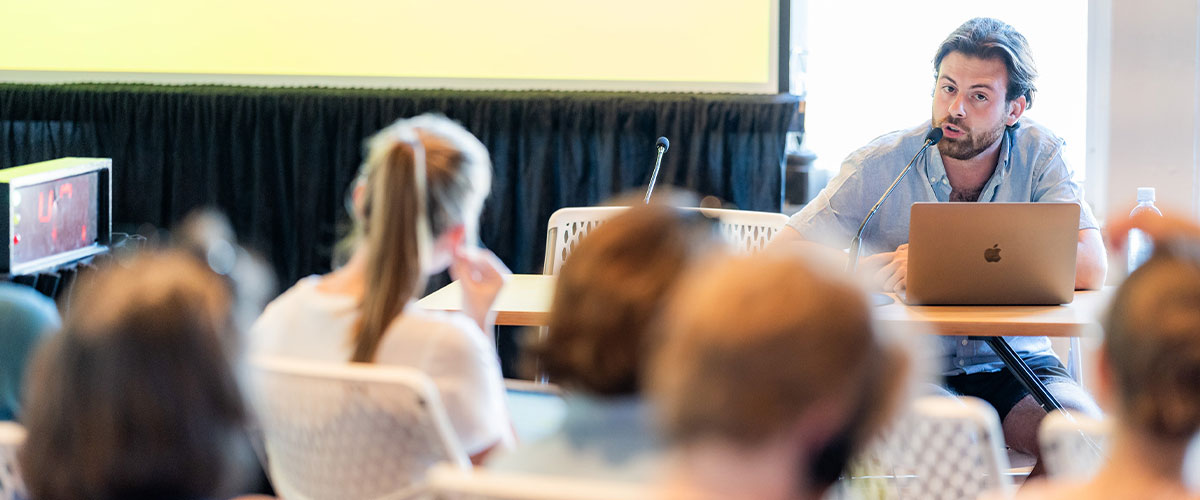Schooling
At the time of application, candidates must be:
- In the first year of a doctoral program, or
- In the second year of a doctoral program.
Due to the high volume of applications, starting in 2026, the Foundation will only accept applications from students in the first or second year of their PhD program. You are no longer eligible to apply if you are in the final year of your master’s program.
Citizenship
At the time of application, candidates must be:
- A Canadian student in a Canadian university
- A Canadian student in a foreign university or
- An international student studying in a Canadian university.
Students living outside Canada and studying at a foreign university are not eligible.
Four themes
The Foundation recognizes that PhD students often pursue interdisciplinary research projects that fall within the humanities and social sciences, regardless of their department or faculty affiliation. Applications from fields such as engineering, business, health sciences, or the natural and applied sciences are also welcome, provided the research clearly relates to one or more of the Foundation’s four themes.
Candidates’ research must clearly align with one or more of the Foundation’s four core themes:
- Human Rights and Dignity
- Responsible Citizenship
- Canada and the World
- People and their Natural Environment
Learn more about the four themes


